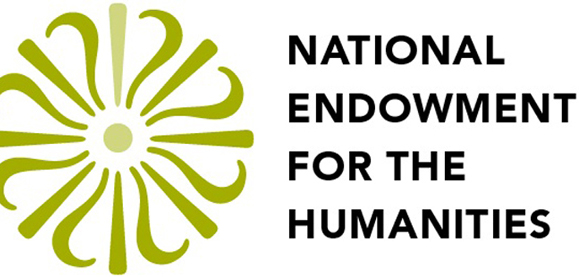As jobs in academia have become increasingly limited, the National Endowment for the Humanities has recognized the need to support a more contemporary way of thinking about Ph.D. training.
In the past, Ph.D. programs have trained students to graduate after four years and take a job as a tenure-track professor. However, today the academic job market is limited for graduate students. Universities are grappling with the dilemma of how to better prepare their Ph.D. students for careers outside the scholastic profession.
At the end of July, The National Endowment for the Humanities announced it will be giving out $1.7 million in grants for “Next Generation Ph.D.” to support universities in creating a more progressive and diversified model for doctoral education. Lehigh is one of 28 institutions to receive a grant to plan and implement transformation in graduate education.
Lehigh’s English and history departments partnered with the National Endowment for the Humanities grant project, Public Pedagogies: Graduate Education and the Interdisciplinary Humanities at Lehigh University.
The NEH awarded Lehigh $25,000 for the grant, which was matched by funds from the English and history departments and the College of Arts and Sciences for a total of $50,000.
“This is only the second grant we have received in more than a decade, but now we are two for two in the past two years,” Donald Hall, the dean of the College of Arts and Sciences, wrote in an email. “That is a remarkable success record and shows the talent and energy of our amazing faculty.”
Last year, Lehigh received a $500,000 grant for the Africana studies program, which supports undergraduate research, visiting scholars, lecturers and graduate Ph.D. fellowships.
Jenna Lay, an associate professor in the English department and the project manager of the National Endowment for the Humanities project, worked with faculty members and John Pettegrew, an associate professor of history and the chair of the history department, to apply and receive the grant.
“I’m super excited about professor Jenna Lay winning the National Endowment for the Humanities Ph.D. innovation grant award,” said James Peterson, the director of the Africana studies program. “It’s another really strong signal that Lehigh University is on the radar for the National Endowment for the Humanities.”
Lay said they did not decide to apply for the grant until after the Africana studies department received their grant last year.
“These are not easy grants to receive, so it distinguishes us from our competitors,” Peterson said.
Lay wrote the narrative grant proposal, which included a budget, committee members, timeline and solicited supporting letters from potential committee members testifying their interest in supporting the grant.
Heather Messina, a senior contract and grant specialist, was a huge support through the grant application process, Lay said. Messina submitted the complex paperwork necessary for the application.
Lay said the two portions of the graduate planning grant process are the financial component and the discussion component.
The financial component is an initiative including four summer fellowships for dissertation research, four professional internships with stipends, honorariums for graduate students and alumni committee members, and a graduate assistant to serve as the grant administration coordinator.
“The planning grants are meant to motivate conversations among university and community stakeholders,” Lay said. “The financial aspects of the grant allow us to test some new ideas, which will be further explored through discussions in working groups.”
The working groups are focused on developing a mentoring network and advisory council for both departments, a working group dedicated to exploring new models of dissertation research, a working group for interdisciplinary courses and a working group for internship possibilities on and off campus to promote new career tracks in the Ph.D. program.
A core planning committee consisting of eight members, including graduate students, alumni, faculty and upper-level administrators, will work together in planning, partnering and implementing grant goals. A larger consulting committee consisting of 20 members working within and outside of Lehigh will provide insight on how to strengthen graduate education for those students seeking academic, alternative academic and non-academic careers.
Sarah Heidebrink-Bruno, an English Ph.D. student and a core committee member, said she was excited to be on the committee and to represent student interests in transforming the curriculum.
“The committee allows me to see those conversations on the inside,” Heidebrink-Bruno said. “I can give some input and advocate for graduate students that are having similar internal debates about pursing alternative careers in the Ph.D. program.”
The planning grant expands the opportunity for Ph.D. students to receive funding and to discuss students’ aspirations seeking a variety of career opportunities outside the academic field.
“This is an opportunity to support our students and dedicate time to those students to prepare them for what is next,” Lay said.






Comment policy
Comments posted to The Brown and White website are reviewed by a moderator before being approved. Incendiary speech or harassing language, including comments targeted at individuals, may be deemed unacceptable and not published. Spam and other soliciting will also be declined.
The Brown and White also reserves the right to not publish entirely anonymous comments.